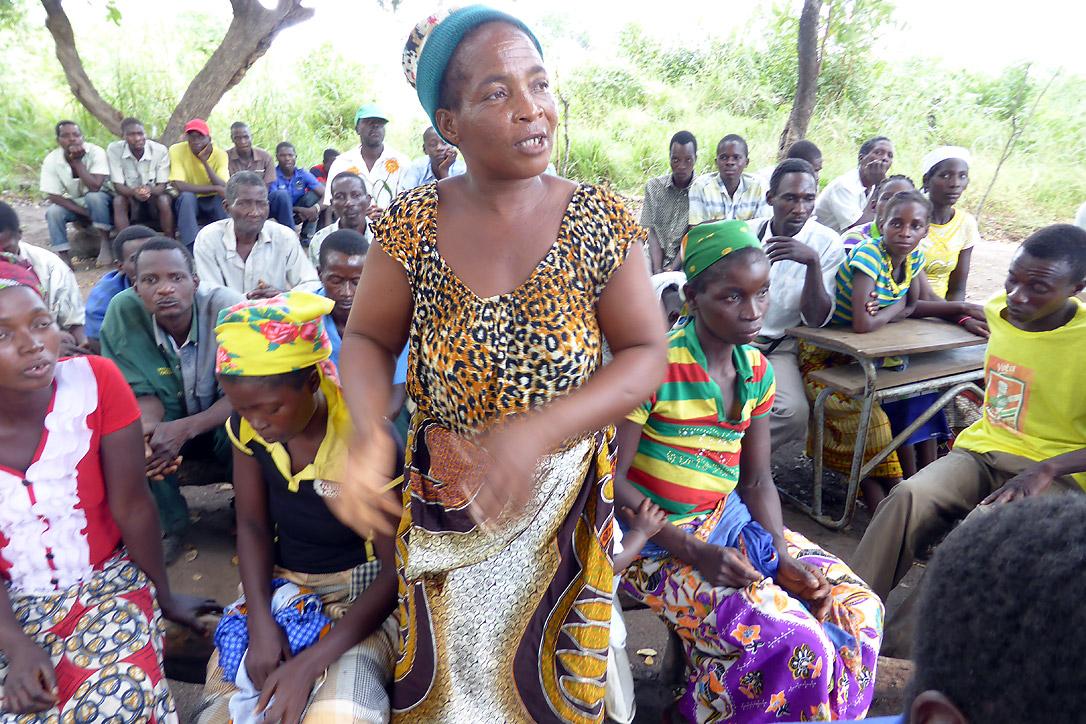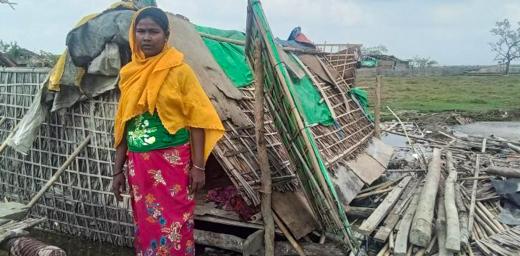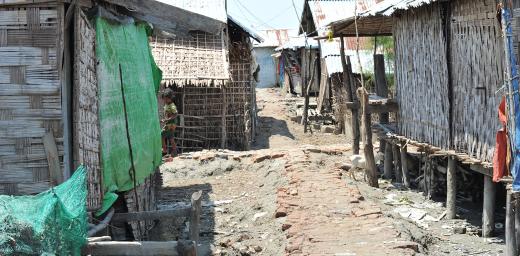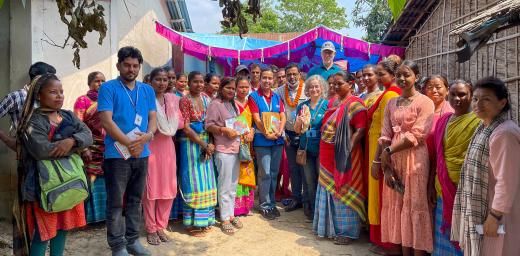Empowering people to claim their rights

Community consultations in Mozambique led to a parallel report raising the issue of land rights, womenâs rights, the right to justice, and the rights of minorities. Photo: LWF/ S.Oftadeh
(LWI) – “Our key achievement was getting information directly from the communities,” says Francesca Traglia, Deputy Programme Coordinator with The Lutheran World Federation (LWF) in Myanmar. “We have been able to strengthen civil society in understanding that they have a role to play in improving the human rights situation in the country and that they have a big influence with the government.”
The human rights situation in Myanmar is on the agenda at the United Nations Human Rights Council, and LWF and partners are following up the recommendations made to the Myanmar government at the country’s Universal Periodic Review (UPR) late last year.
Strengthen local organizations
The UPR process is a unique mechanism of the UN Human Rights Council aimed at improving the human rights situation on the ground of each of the 193 UN member states. Under this mechanism, the human rights situation of all states is reviewed every 4.5 years. As part of the process, non-governmental organizations are invited to submit firsthand reports, so-called parallel reports. States can take these findings into consideration when they present their list of recommendations to the country under review.
LWF and partners managed to contribute the people’s voice to the global stage by having community consultations, strengthening local civil society organizations and raising their issues at global level with the UN in Geneva. As they are meeting this week to follow up on the recommendations taken up on Myanmar, other LWF country programs consult on addressing human rights in their context of work as well.
“In 2011 there was not a single organization that raised issues pertaining to refugees, so LWF is filling that gap,” Jennipher Achaloi from the LWF program in Uganda says. “We see that as an opportunity for local voices to be brought to the international arena.” The country has been hosting a large number of refugees for a long time. Their situation has raised issues which are different from those of the local population, such as the identity of refugees born in the country, secondary education and land issues.
Some refugees have been in the camp for over 25 years. Many of them have been born in the camp.
Special focus on situation of refugees
“Another issue that was raised by them was freedom of movement, and how encampment prevents them from having a livelihood,” Lilian Kantai from the LWF country program in Kenya says. “Some refugees have been in the camp for over 25 years. Many of them have been born in the camp."
With workshops and consultations, LWF brings local organizations together. “We aim to facilitate the process,” Michael French, LWF program officer, says. “We are very conscious not to replace local organizations. We want to empower people to claim their rights, and support them in connecting to the global level.”
A long term approach
Civil society organizations in Mozambique, Myanmar and Nepal have already submitted parallel reports for the human rights reviews of their countries. In many others, LWF engages with local organizations to collect data and evaluate their findings as a first step on putting human rights issues into the spotlight. This work takes a careful approach and also quite a bit of encouragement in some countries, as civil society actors find the courage to speak about problems as fundamental human rights. In that way the LWF wants to address the problems for the long-term, rather than seek quick-fixes.
“In some places, outside NGOs would be more comfortable simply to drill as many boreholes as quickly as possible; but that is not the way to ensure sustainable solutions. Instead we need to engage with government and others to make sure that the system is working to ensure people obtain their right to clean water,” one LWF staff member says.





